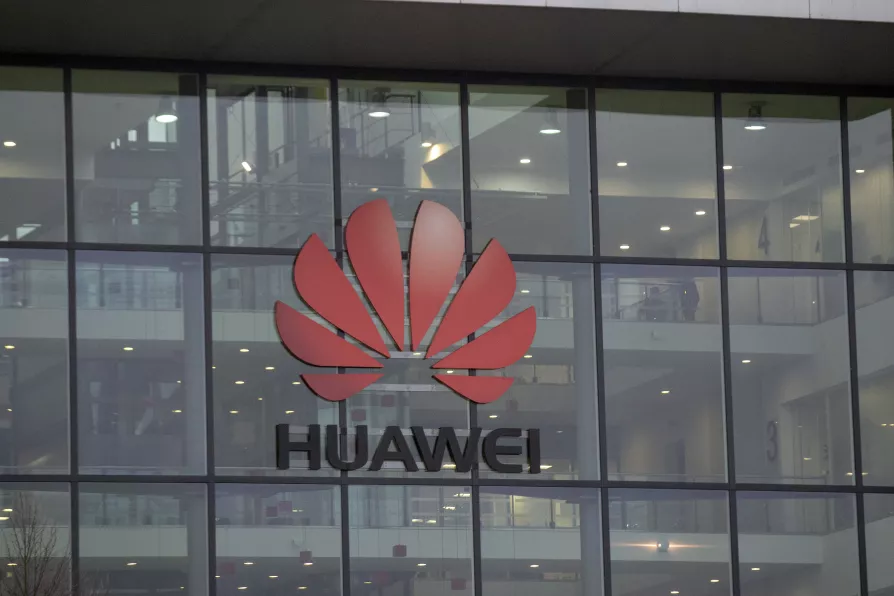The Carpathia isn’t coming to rescue this government still swimming in the mire, writes LINDA PENTZ GUNTER
What's at stake in the Huawei affair?
SOLOMON HUGHES looks at the the crisis inside the Tory Party over the controversial deal with China's - supposedly bugged - telecoms giant

 Huawei's British headquarters in Reading
Huawei's British headquarters in Reading
THE HUAWEI row is clearly very fierce inside the Conservative Party, with leaks and sackings at the highest levels. But if you aren’t a Tory, it’s a bit harder to grasp who is doing what to whom and why.
Is Theresa May willing to let the Chinese Communist Party spy on all our mobile phones in exchange for a bit of investment?
Or does spider-wrangling fantasist Gavin Williamson want to start a war with China to show he is big, and suck up to President Trump to feel even bigger?
Similar stories

From 35,000 troops in Talisman Sabre war games to HMS Spey provocations in the Taiwan Strait, Labour continues Tory militarisation — all while claiming to uphold ‘one China’ diplomatic agreements from 1972, reports KENNY COYLE

British Steel has vindicated what the left has said all along — nationalisation of our key industries is common sense, and it’s the neoliberals who are now clearly the ideologically driven zealots, writes DIANE ABBOTT MP













